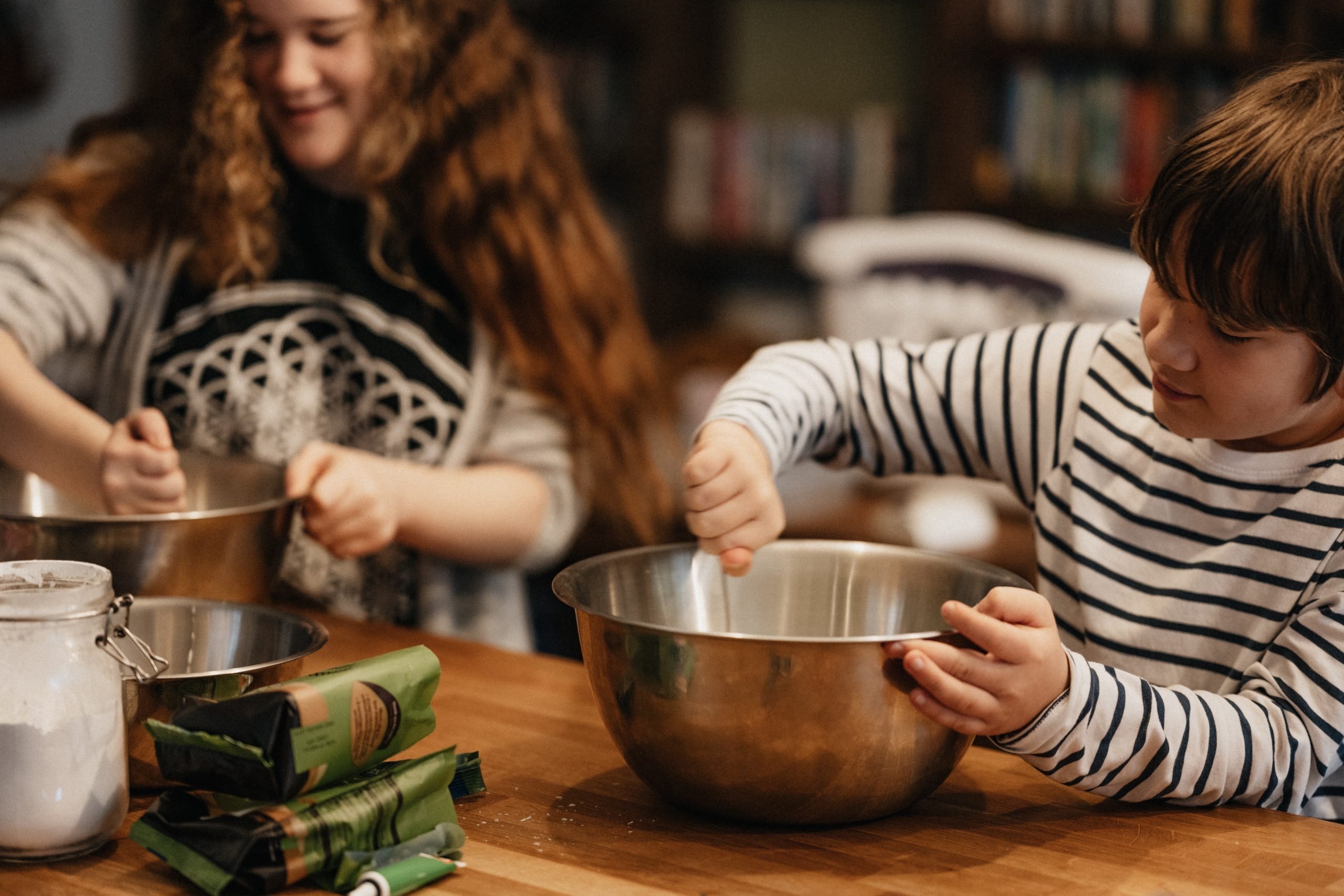How to Support Your Loved One
The cancer patient in your family, like everyone else, may be anxious, terrified, or confused. They may also become weary and ill as a result of the therapy. You may be experiencing many of the same emotions. Knowing how another person feels might help you find out how to help them or, at the very least, understand where they’re coming from.
Cancer patients may experience anxiety. Your sibling or parent may be more or less fearful depending on how they react to difficult events. Others may be depressed. Cancer patients are sometimes unable to accomplish activities they used to be able to do. They could lose out on certain activities and friends. Cancer and its side effects can sometimes make a person angry or cranky. Your family member is most likely upset at the condition, not at you. Many cancer patients are optimistic.
Some ideas on how to support a family member include:
- Spend time together. Watch a movie, a TV show, or read a book together. Make their bedroom seem nice. Simply be with them.
- Assist your sibling in maintaining contact with pals. Encourage your sibling’s pals to stay in contact with them. Explain to them how much it can be important for your family member.
- Keep your parent informed. Tell your mother or father about your day. Get to know about your parent’s day.
- Have a good chuckle together. Laughter, as you’ve surely heard, is excellent medicine. Watch a comedy or tell jokes as a group.
- Speak about your family. Discuss what you’re both proudest of, your favorite moments, and how you’ve overcome obstacles.
- Try to be cheery while being genuine. Being optimistic may benefit you and your entire family. But don’t feel obligated to be joyful all of the time if that’s not how you truly feel.
- Maintain a journal together. Take turns writing in a journal with your family members. This might assist you in sharing your opinions when it is difficult to do so.
What Happens Next
When you don’t know what the future holds, it might be difficult to remain calm. You could be wondering, “Will my sibling or parent survive?” Will the cancer return? Will life ever be the same again?
While no one can predict the future, there are certain things you can do to make your life a bit easier:
- Continue communicating and working together as a family. You may discover that cancer has brought you closer together and made you respect each other more.
- Get to know your own needs. Don’t allow people to tell you how you should feel. Allow yourself to deal at your own speed and in your own way.
- You are developing as a person. Many teenagers report that having a cancer-stricken family member has made them more compassionate, responsible, and resilient.
- Accept other people’s support. You may be feeling more lonely than you have ever felt in your life right now. However, you are not alone. There are a lot of folks that are willing to help. Accept their support.
- Enjoy each and every day. Many kids who have a cancer-stricken family member report that they have learned to see the world in a different light. You may grow to appreciate things you once took for granted over time.
Following Treatment
You and your family may experience a wide range of emotions during the following therapy. Part of you feels relieved that it is over. Another part of you may miss your newfound independence or obligations. You may be concerned that cancer may recur. You may be looking for a greater purpose in your life right now. All of these emotions are natural.
Returning to a more easygoing lifestyle may take a long time, or it may not occur as expected.
